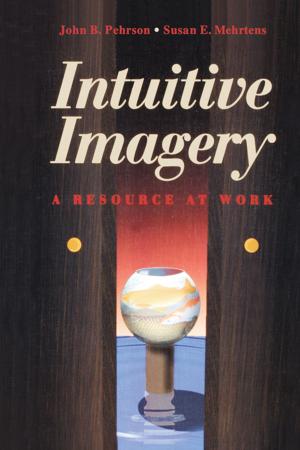| Author: | John Richardson | ISBN: | 9781136460470 |
| Publisher: | Taylor and Francis | Publication: | February 27, 2012 |
| Imprint: | Routledge | Language: | English |
| Author: | John Richardson |
| ISBN: | 9781136460470 |
| Publisher: | Taylor and Francis |
| Publication: | February 27, 2012 |
| Imprint: | Routledge |
| Language: | English |
Martin Heidegger is one of the twentieth century’s most influential, but also most cryptic and controversial philosophers. His early fusion of phenomenology with existentialism inspired Sartre and many others, and his later critique of modern rationality inspired Derrida and still others. This introduction covers the whole of Heidegger’s thought and is ideal for anyone coming to his work for the first time.
John Richardson centres his account on Heidegger’s persistent effort to change the very kind of understanding or truth we seek. Beginning with an overview of Heidegger’s life and work, he sketches the development of Heidegger’s thought up to the publication of Being and Time. He shows how that book takes up Husserl’s method of phenomenology and adapts it. He then introduces and assesses the key arguments of Being and Time under three headings—pragmatism, existentialism, and temporality—its three levels of analysis of human experience.
Subsequent chapters introduce Heidegger’s later philosophy, including his turn towards a historical account of being, and new ideas about how we need to ‘think’ to get the truth about it; his influential writings on language, art, and poetry, and their role in the Western history of being; and his claim that this history has culminated in a technological relation to things that is deeply problematic, above all in the way it excludes the divine. The final chapter looks at Heidegger’s profound influence on several intellectual movements ranging from phenomenology to existentialism to postmodernism.
A much-needed and refreshing introduction to this major figure, Heidegger is ideal reading for anyone coming to his work for the first time and will interest and stimulate students and scholars alike.
Martin Heidegger is one of the twentieth century’s most influential, but also most cryptic and controversial philosophers. His early fusion of phenomenology with existentialism inspired Sartre and many others, and his later critique of modern rationality inspired Derrida and still others. This introduction covers the whole of Heidegger’s thought and is ideal for anyone coming to his work for the first time.
John Richardson centres his account on Heidegger’s persistent effort to change the very kind of understanding or truth we seek. Beginning with an overview of Heidegger’s life and work, he sketches the development of Heidegger’s thought up to the publication of Being and Time. He shows how that book takes up Husserl’s method of phenomenology and adapts it. He then introduces and assesses the key arguments of Being and Time under three headings—pragmatism, existentialism, and temporality—its three levels of analysis of human experience.
Subsequent chapters introduce Heidegger’s later philosophy, including his turn towards a historical account of being, and new ideas about how we need to ‘think’ to get the truth about it; his influential writings on language, art, and poetry, and their role in the Western history of being; and his claim that this history has culminated in a technological relation to things that is deeply problematic, above all in the way it excludes the divine. The final chapter looks at Heidegger’s profound influence on several intellectual movements ranging from phenomenology to existentialism to postmodernism.
A much-needed and refreshing introduction to this major figure, Heidegger is ideal reading for anyone coming to his work for the first time and will interest and stimulate students and scholars alike.















